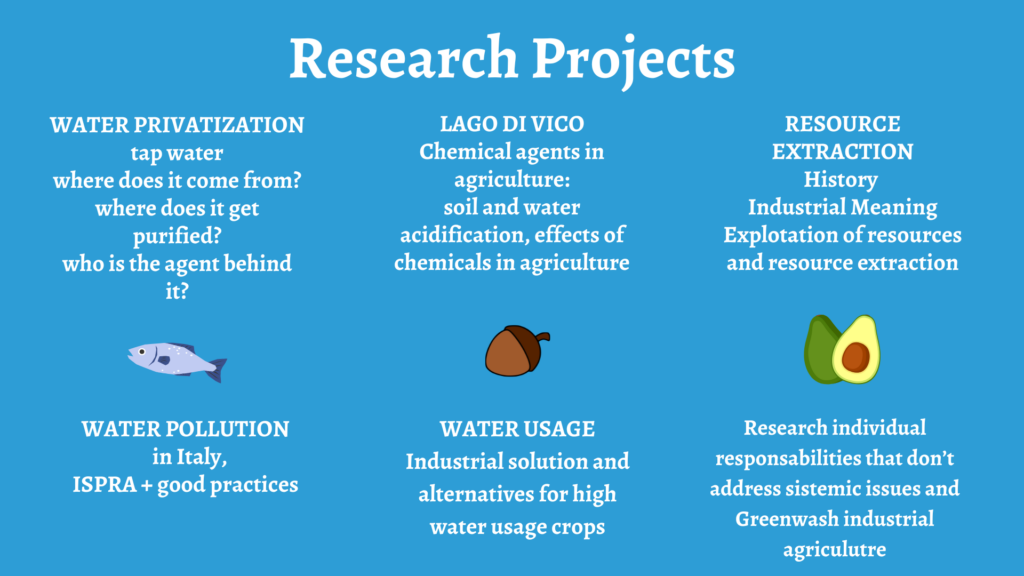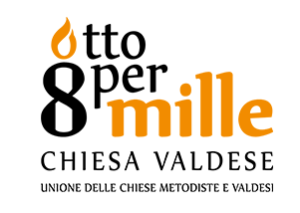 Water is life: young people as custodians of the Lakes of Vico and Bracciano, funded by the Waldensian Church (8 per 1000), is a local environmental project aimed at safeguarding and stewarding the waterways of Lakes Bracciano and Vico, based on the active participation of youth. The project was created to enable the development of youth agency and critical thinking towards significant issues around environmental sustainability, especially, local stewardship of water and food.
Water is life: young people as custodians of the Lakes of Vico and Bracciano, funded by the Waldensian Church (8 per 1000), is a local environmental project aimed at safeguarding and stewarding the waterways of Lakes Bracciano and Vico, based on the active participation of youth. The project was created to enable the development of youth agency and critical thinking towards significant issues around environmental sustainability, especially, local stewardship of water and food.
The project involves 50 young people between the ages of 11 and 14, and focuses on their propensity to become transformative agents of change. This initiative is rooted in a larger ongoing process, carried out by various other local stakeholders, of enhancing the area’s rich environmental heritage.
Key actions are divided between theoretical modules and experiential learning activities. At the end of this educational course, the work of the students would be highlighted through a final paper in the form of a journalistic investigation into the themes and their experiences of local stewardship. The paper is envisioned to be presented by the participants during a final meeting with all the local stakeholders. At the meeting, participants would share their experiences, learnings and reflections.
An important part of this project is to incite curiosity and inquiry through the guided experiential visits and workshops aimed to bring the youth in direct relationship with the Lakes of Vico and Bracciano along with the stakeholders of these waterways. These visits would involve local organic farmers with expertise on how to honour and be in the right relationship with these waterways, giving students the rich opportunity to have direct conversations with local stewards.
Project Presentation Workshop
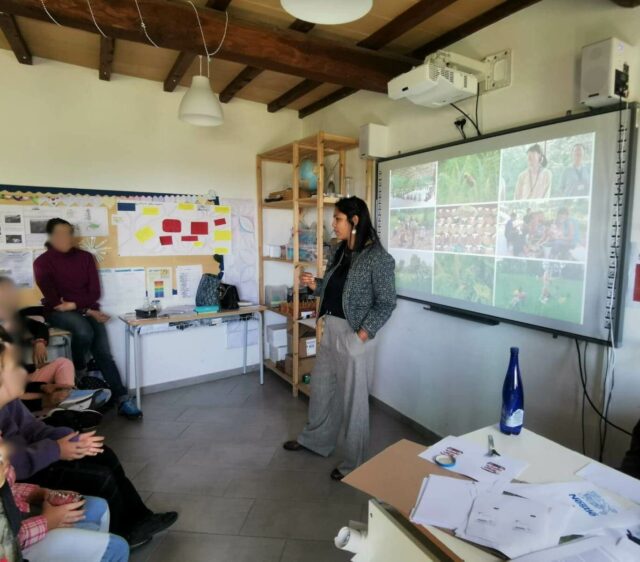
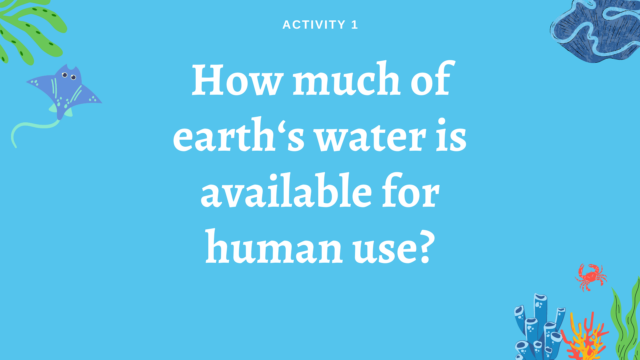
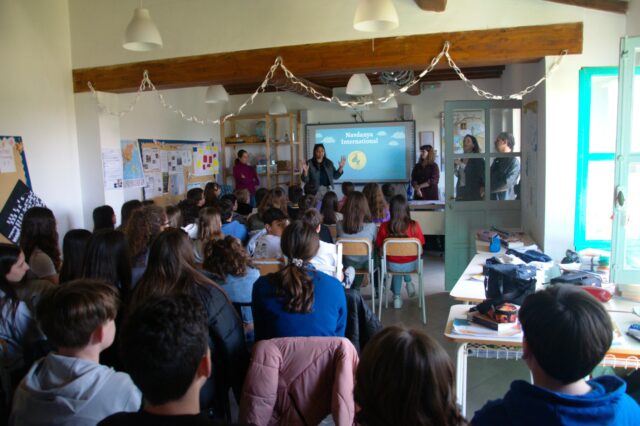
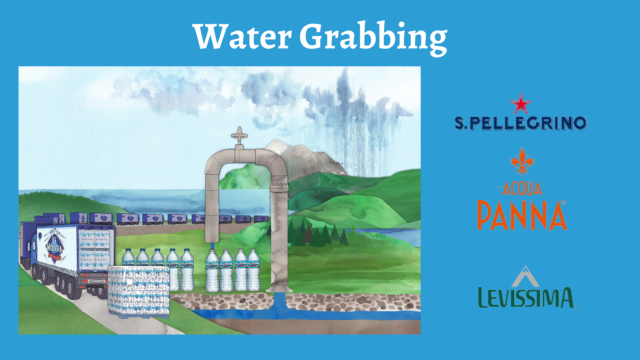
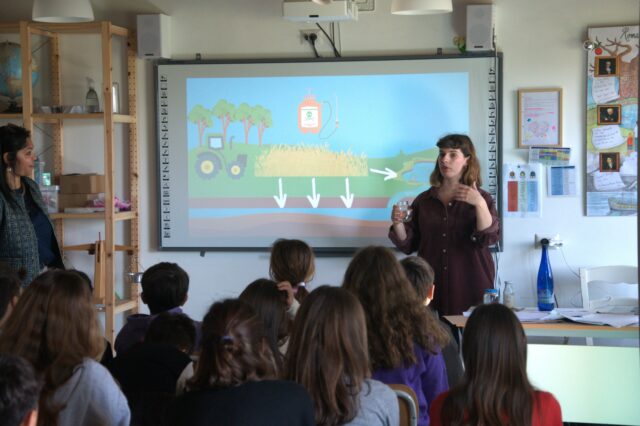
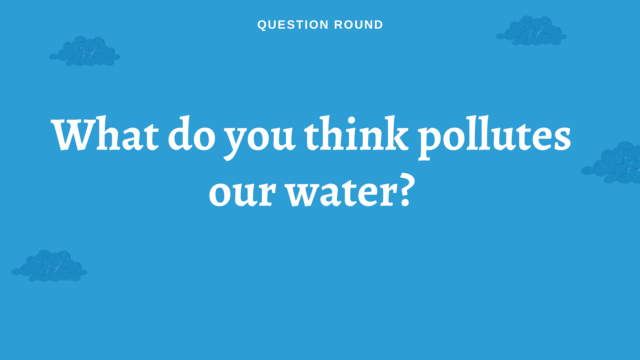
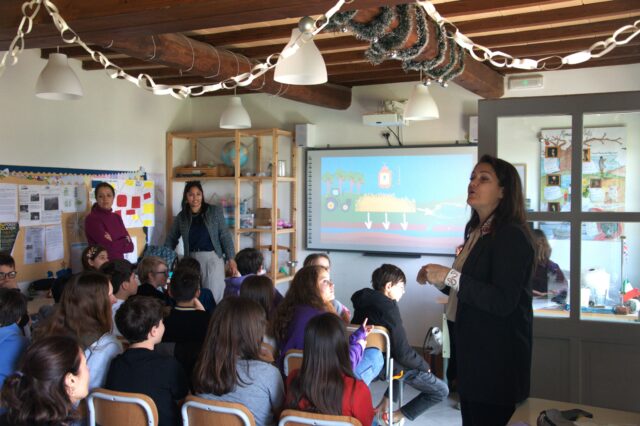
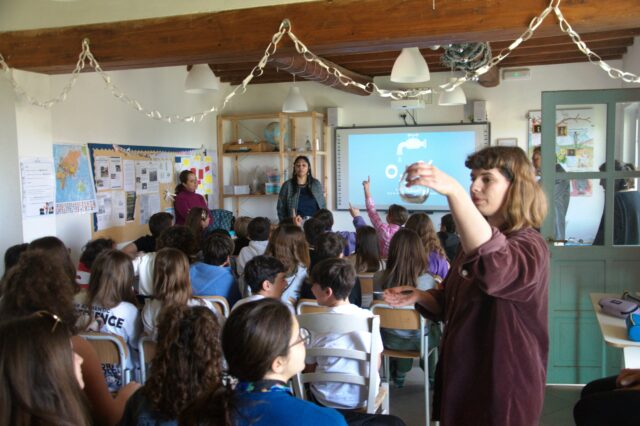
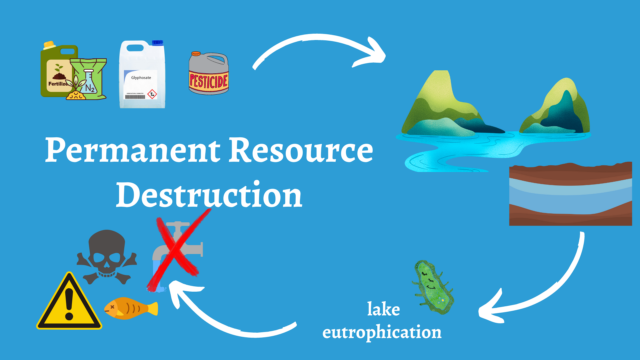
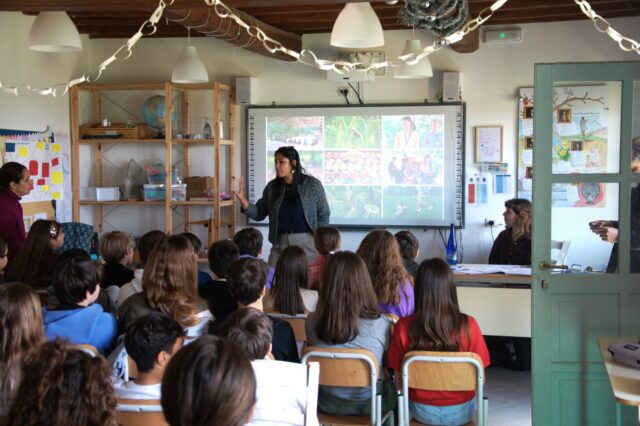
Understanding Water and Agroecology
On March 22, 2024, an introductory meeting was held for the youth participants in the Water is Life project at Northlands International. The students were engaged in a presentation on water and its relationship with agroecology. Among the topics discussed were: the origin of water, the extent of freshwater availability on our planet and the importance of its conservation.
The session also outlined the widespread exploitation and pollution of water resources. Young participants acutely grasped the intricate links between food choices and environmental degradation-from deforestation caused by agricultural expansion to water pollution from industrial farming practices.
A key takeaway from the workshop was that people’s food choices have a profound impact on the environment and ecosystems. The students engaged with the potential solutions offered by organic agriculture to foster water and nutrient cycles and nourish the health of the ecosystem along with the health of humans.
The presentation also highlighted how agroecology is a farming method that mirrors natural ecosystems, fostering biodiversity and promoting long-term ecological balance. As opposed to conventional agriculture, which focuses on short-term profit maximisation, agroecology prioritises harmony with nature, producing benefits for both environmental and human health.
During the workshop, students were encouraged to think about their personal relationship with water reflected in their daily habits. They were nudged to critically think about which of their behaviours contributed positively to water conservation and environmental sustainability.
It was highlighted that by adopting conscious consumption practices, such as reducing meat consumption or choosing locally sourced products, they could play a key role in conserving water resources and promoting ecological resilience in their local context.
In conclusion, our workshop provided young students with a holistic understanding of water as a finite life giving resource intertwined with broader environmental issues. By illuminating the significance of dietary choices and introducing the principles of agroecology, we aimed to empower the next generation to become stewards of a more sustainable future, where water is cherished and ecosystems thrive.
Workshop on Soil – 16 May 2024

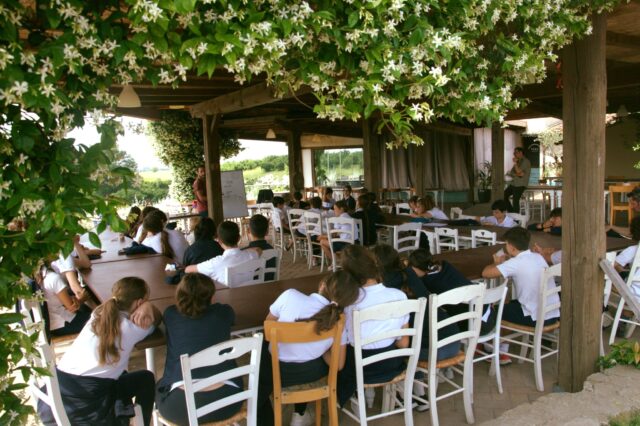

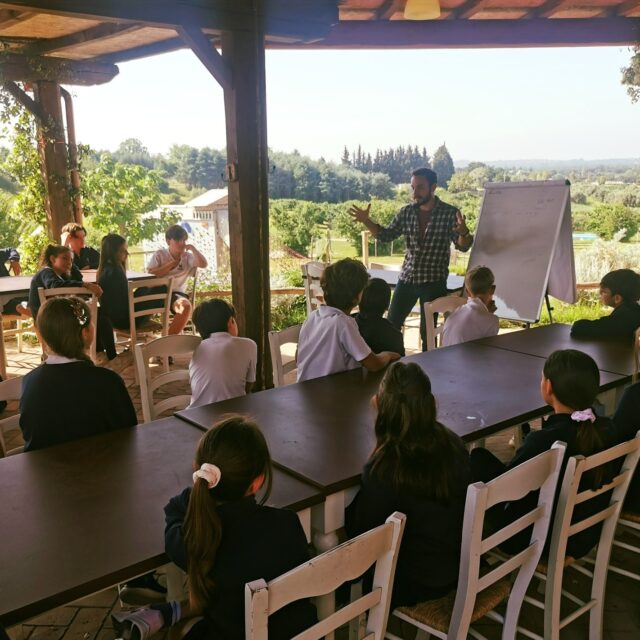

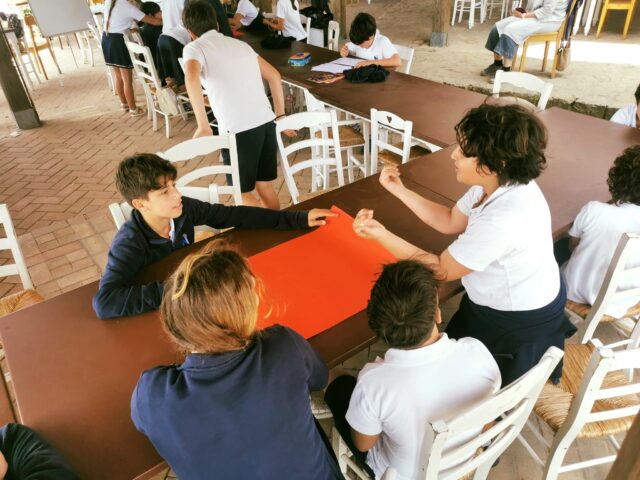
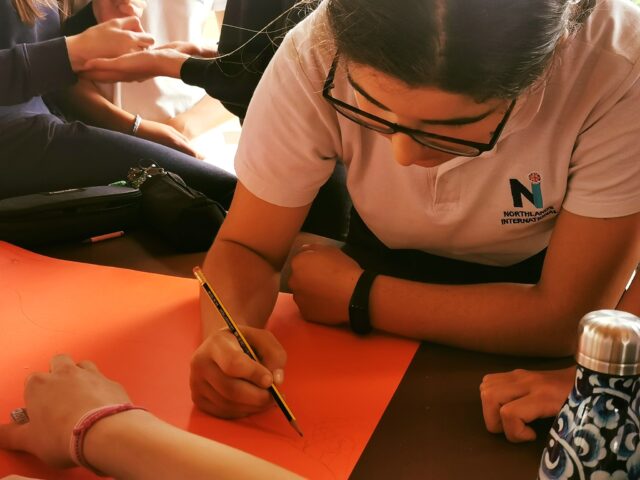

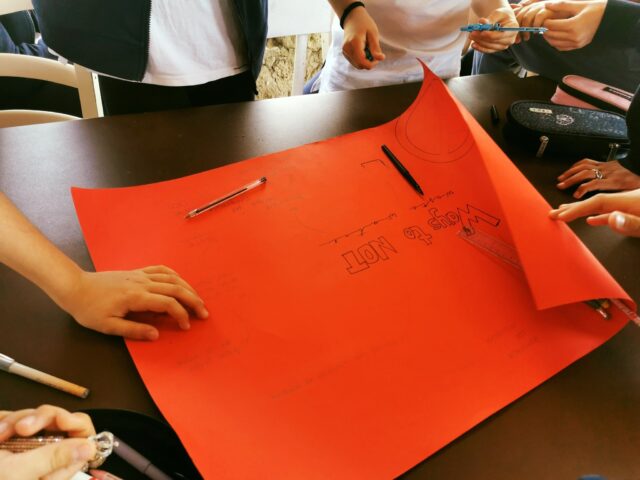
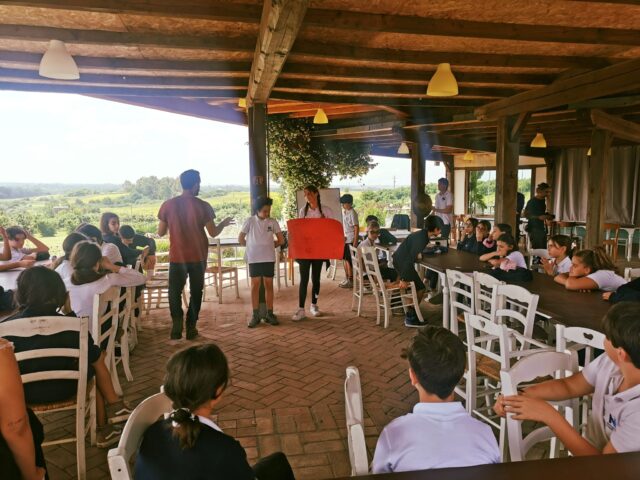
Why is the water cycle important for our planet’s ecosystems? How does the intervention of humans affect its natural course?
These were the issues addressed in the workshop held May 16 at Northlands International, with the young participants of the project “Water is Life: Youth as Guardians of the Vico and Bracciano Lakes.”
Lorenzo Maggi of L’Orto Di Clapi, explained the functionality of water and its cycle, within different ecosystems, and how human-caused disruption is leading to climate change and catastrophic events.
Through group work, the young participants were involved in designing a water-saving system from an agroecological perspective.
Farm Visit – Fattoria Faraoni – 13 June 2024
English subtitles available
Conventional agriculture consumes vast amounts of water, jeopardizing aquifers threatened by the heavy use of pesticides and herbicides. A recent ISPRA report revealed that 77.3% of Italian surface waters contain pesticides, and according to a recent report by the European Environment Agency (EEA), pesticides were found in 38% of Europe’s surface waters. Intensive livestock farming also contributes to water pollution, as animal waste (liquid manure, etc.) transfers from soil to surface waters and aquifers, degrading their quality.
The only solution to the environmental crisis caused by these practices is agroecology, which protects and enhances water resources. A recent visit to Fattoria Faraoni allowed young participants in the Project “Water is Life” to explore the production systems of a farm practicing non-intensive livestock farming and organic agriculture. They milked cows, participated in cheese production, and tasted local products. The field visit focused on identifying edible wild herbs and visiting a newly converted organic hazelnut grove.



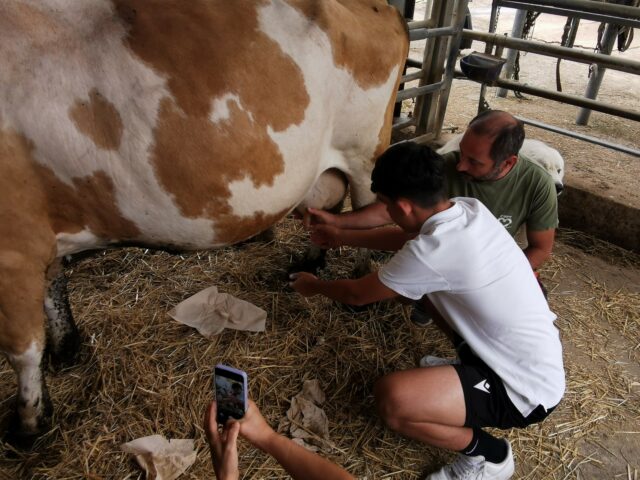
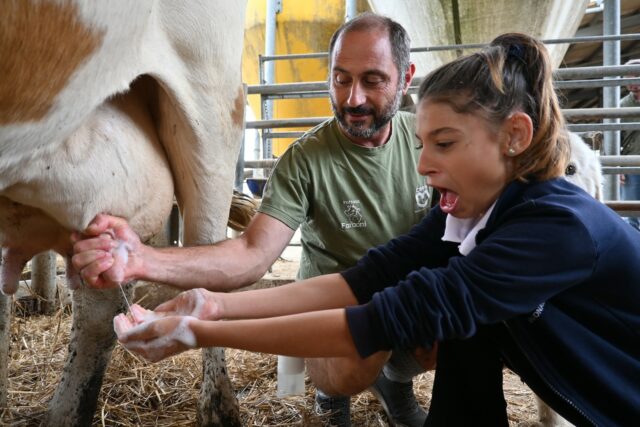
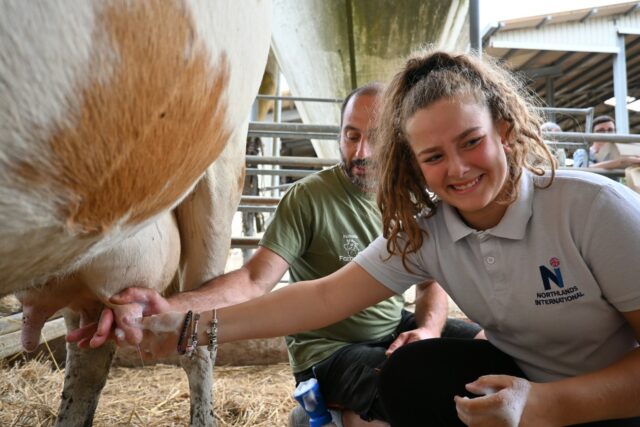

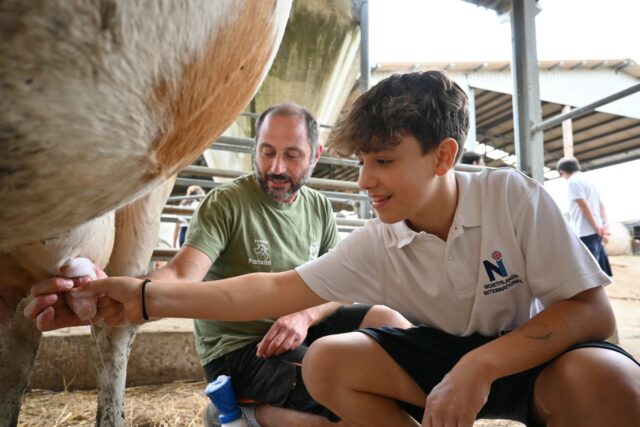

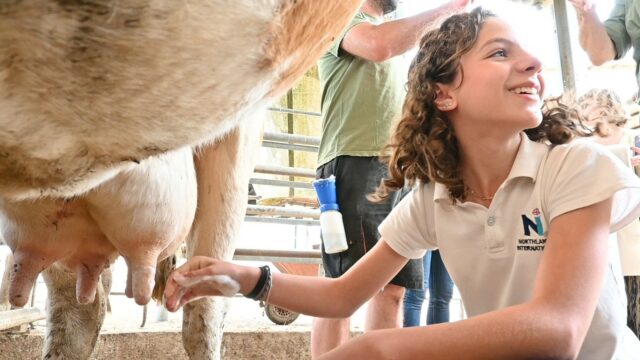
Also read

